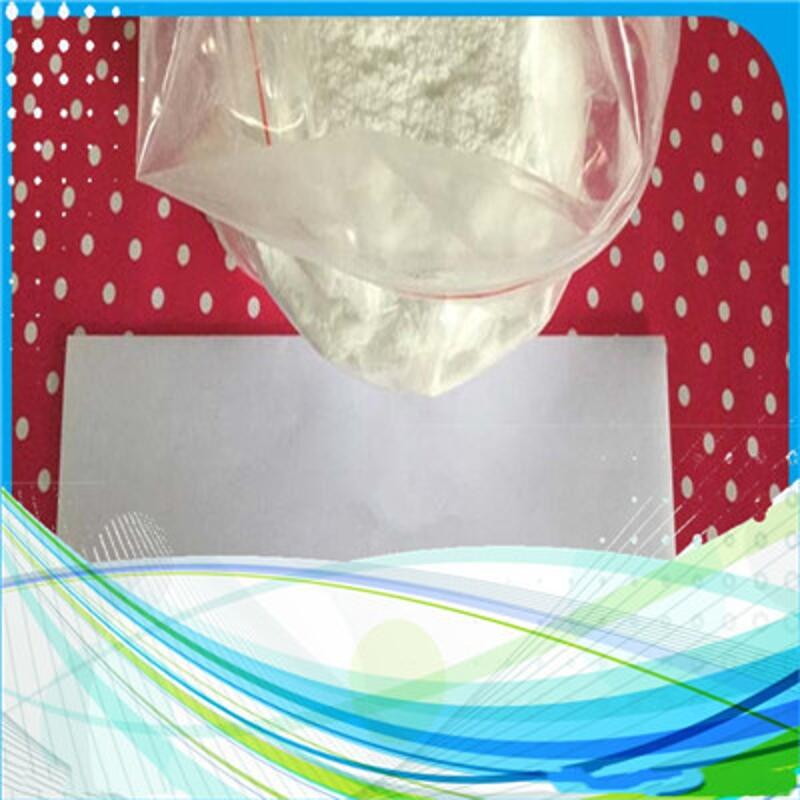Progress in the study of artificial chloroplast structure and function
-
Last Update: 2019-02-09
-
Source: Internet
-
Author: User
Search more information of high quality chemicals, good prices and reliable suppliers, visit
www.echemi.com
Photosynthetic phosphorylation is one of the most important links in photosynthesis in nature It determines the transformation of light energy to chemical energy fundamentally, and it is also the basis of chemical synthesis and energy transformation in the life activities of higher plants The efficiency of adenosine triphosphate synthetase (ATPase) catalyzing the production of adenosine triphosphate (ATP) is the most important parameter to evaluate photosynthesis In recent years, with the help of the biological activity of natural ATPase, the construction of supramolecular assembly system which can catalyze the production of ATP in vitro has become a hot spot in the field of chemistry, materials and biological science With the support of NSFC, the Ministry of science and technology and the Chinese Academy of Sciences, Li junbai, a researcher in the Key Laboratory of colloid, interface and chemical thermodynamics of the Institute of chemistry, Chinese Academy of Sciences, has been engaged in the research of supramolecular assembly of active biomolecular motor ATPase for a long time, and has made a series of original achievements They co assembled the biomolecular motor ATPase and photosystem II in vitro, effectively simulating the structure and function of chloroplasts in nature (ACS Nano 2016, 10556; ACS Nano 2018, 121455; adv funct Mater 2018, 281706557) Further assembly of biomolecular motor ATPase with synthetic photoacid molecules or quantum dots significantly improved the conversion efficiency of light energy to chemical energy (ACS Nano 2017, 1110175; angelw Chem Int ed 2017, 5612903; angelw Chem Int ed 2018, 576532) Based on the above research work, researchers have recently obtained a kind of multicavity mesoporous silica material with high efficiency of embedding photoacid molecules by using the sacrificial template method, and then recombined the phospholipid double layer containing ATPase on its surface, thus building a molecular assembly system of "artificial chloroplast" Further studies show that the above molecular assembly system can achieve controllable and efficient ATP synthesis in vitro under light The establishment of this system provides a new way and new idea for improving the utilization of light energy It is considered by the reviewers to be the closest synthetic system to the real chloroplast structure and function Relevant research results were published in the recent angew Chem Int ed 2019, 58796, and selected as "hot paper".
This article is an English version of an article which is originally in the Chinese language on echemi.com and is provided for information purposes only.
This website makes no representation or warranty of any kind, either expressed or implied, as to the accuracy, completeness ownership or reliability of
the article or any translations thereof. If you have any concerns or complaints relating to the article, please send an email, providing a detailed
description of the concern or complaint, to
service@echemi.com. A staff member will contact you within 5 working days. Once verified, infringing content
will be removed immediately.







